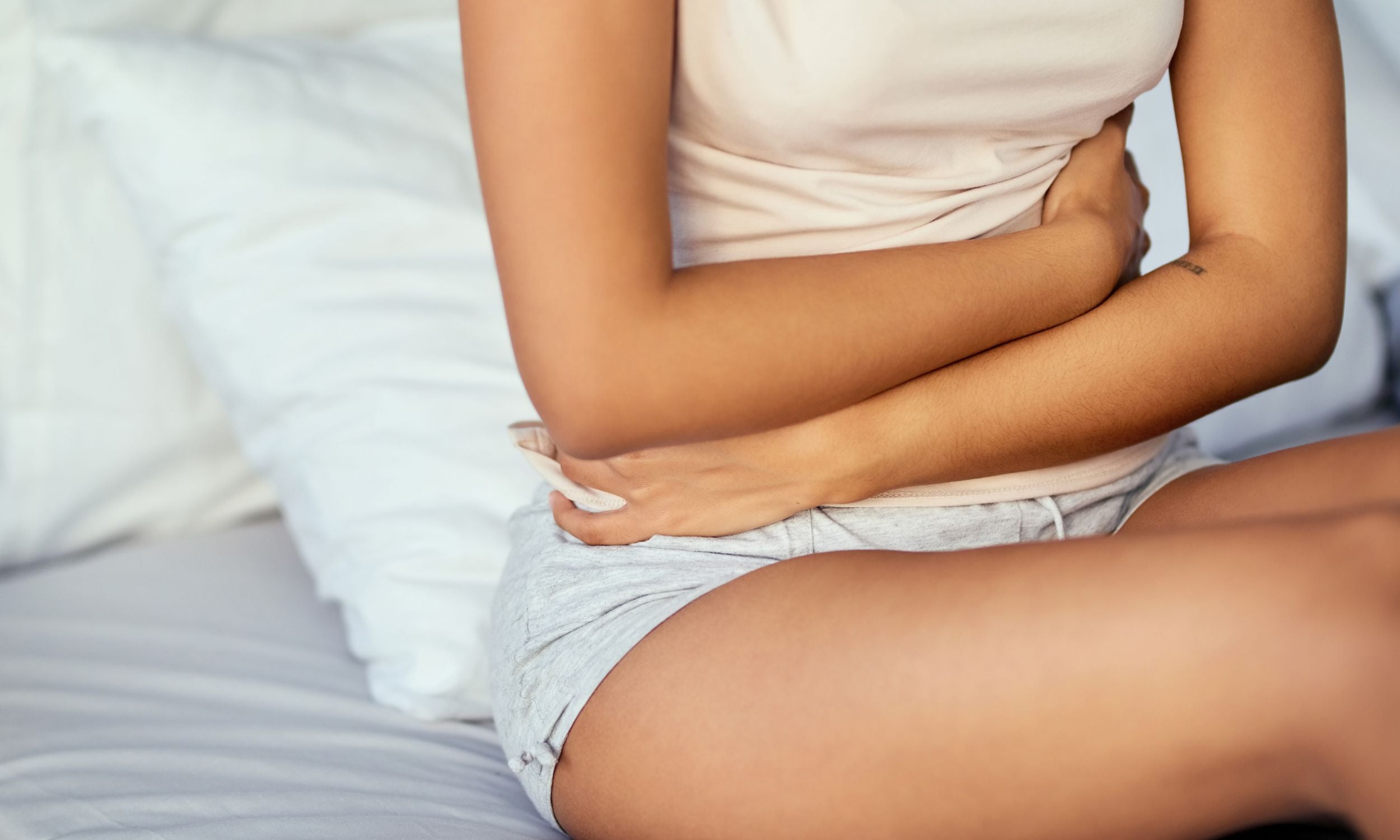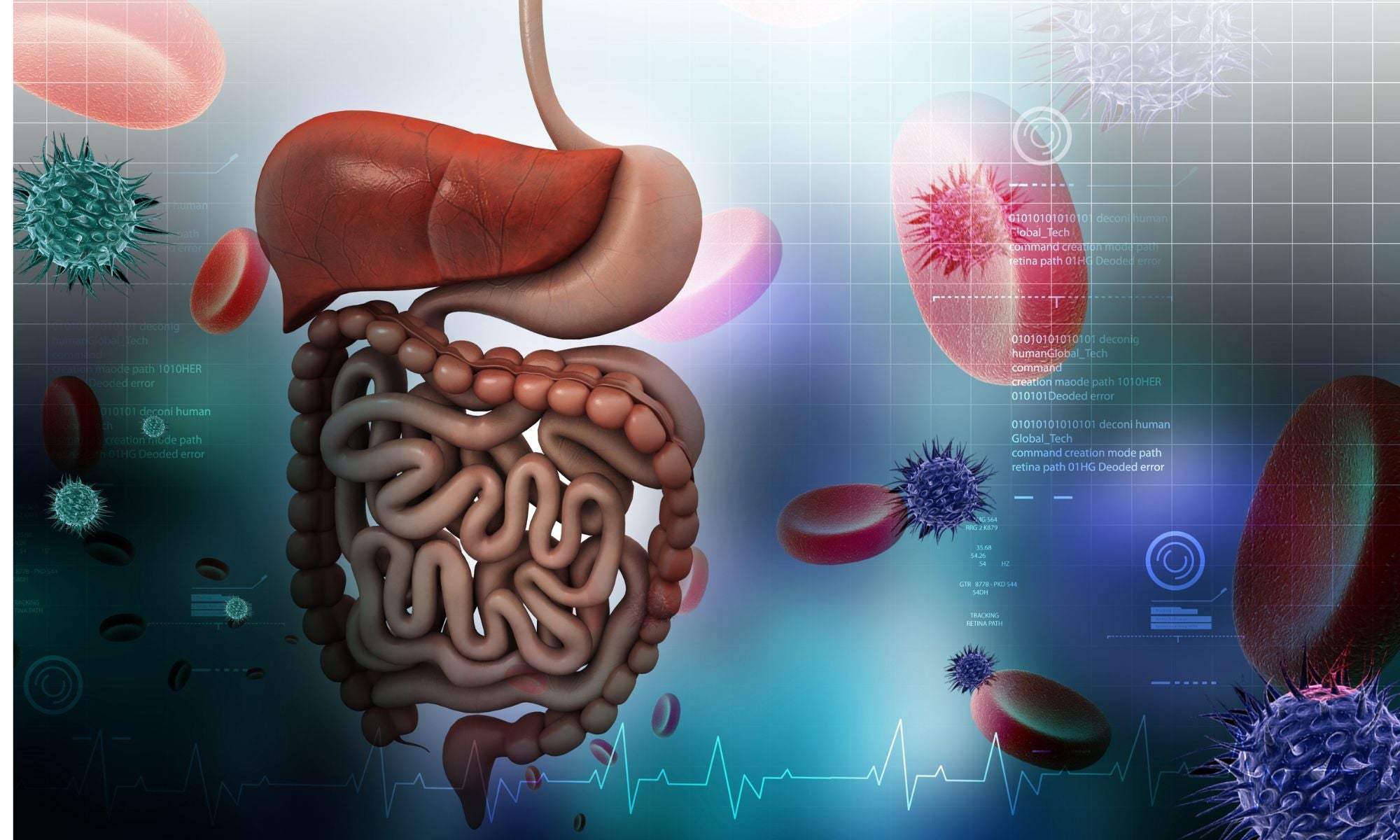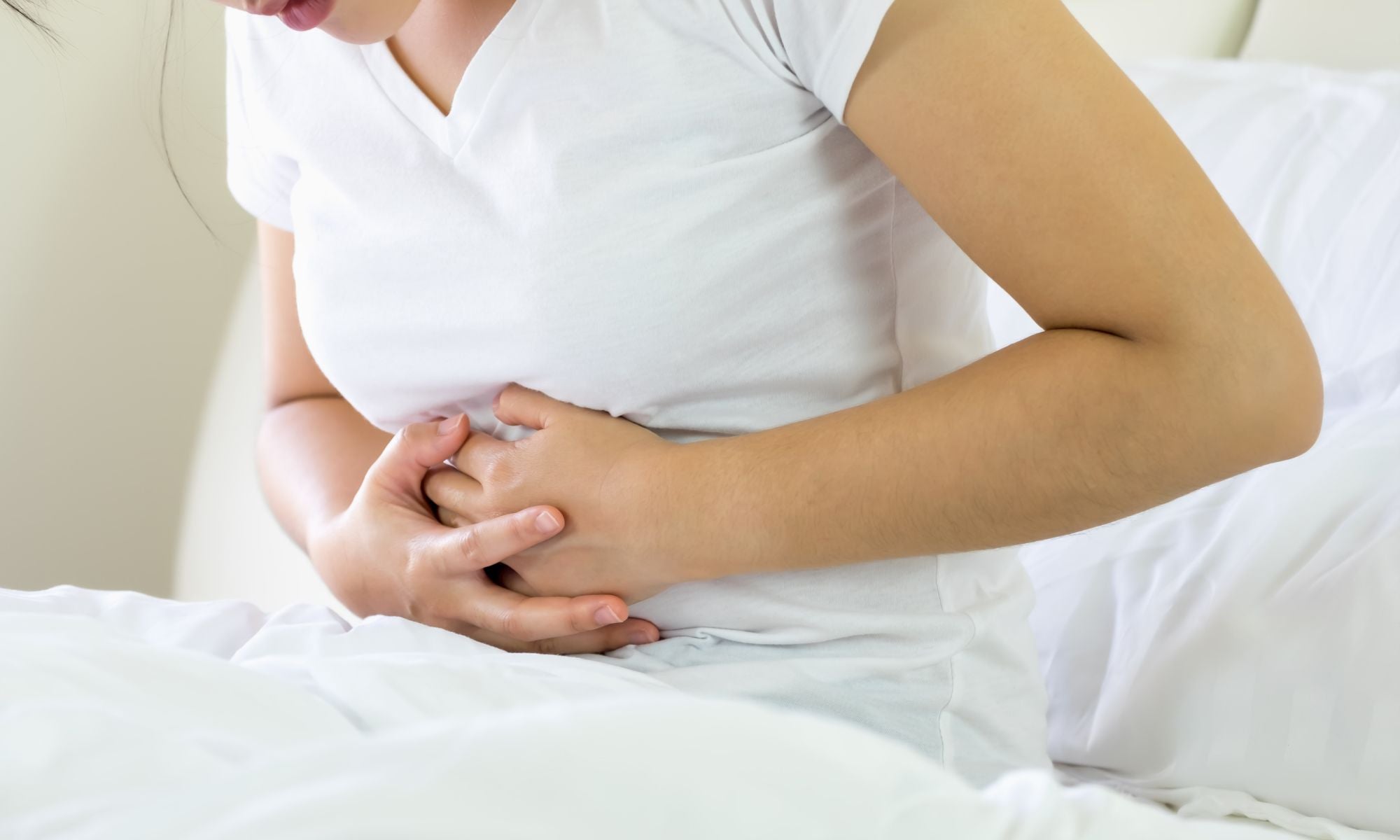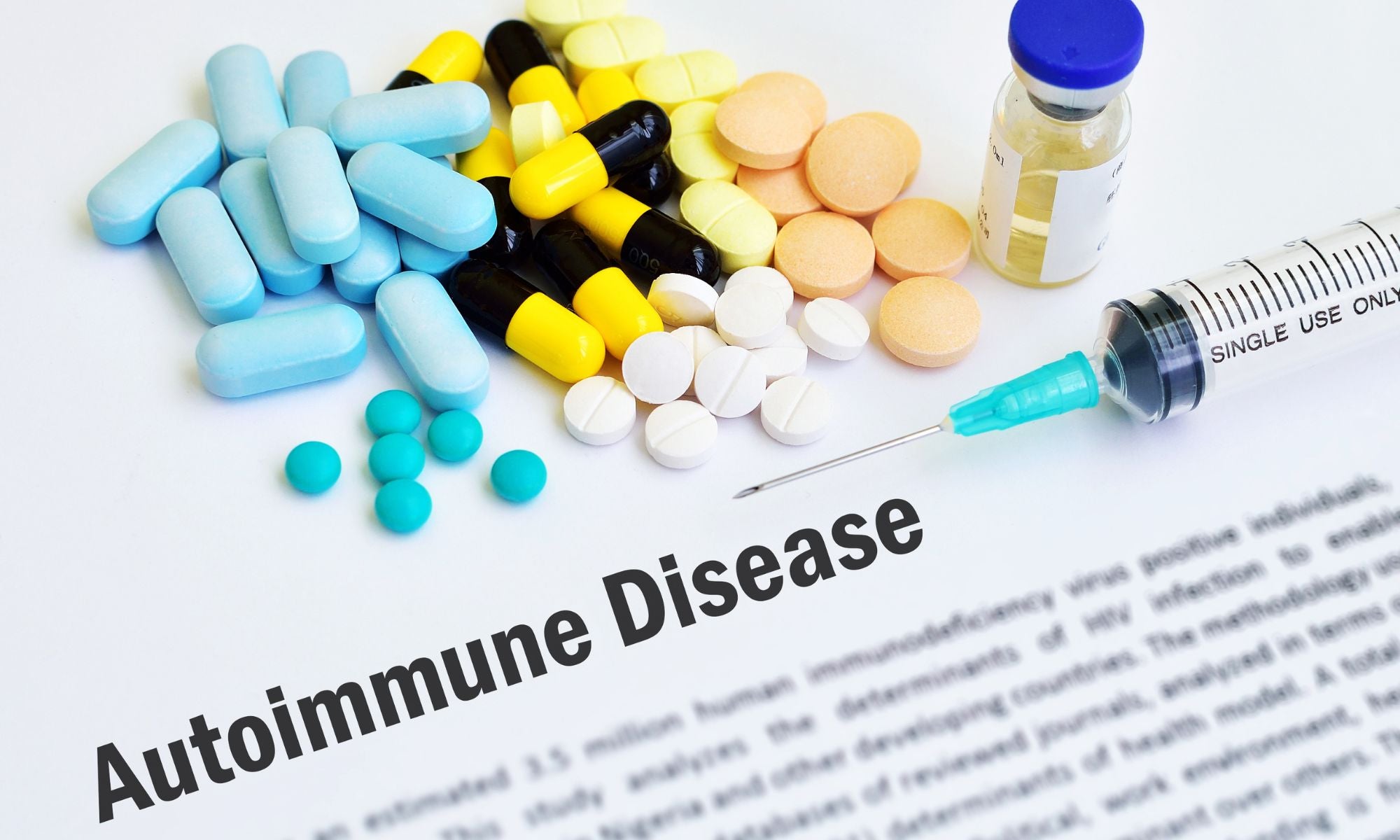
ULCERATIVE COLITIS: SYMPTOMS, CAUSES AND TREATMENT
Ulcerative colitis is a type of inflammatory bowel disease that causes swelling and open sores in the large intestinal tract which leads to pain in the abdomen and diarrhea. It basically affects the colon and rectum. Blood may also be present in the stools.
Anyone can be affected with UC but it usually starts between the ages of 15 to 30 and generally runs in the family. It affects both men and women.
The most common symptom of UC is abdominal pain, diarrhea and the presence of blood and pus in the stools. Other symptoms include weight loss, fatigue, rectal bleeding, anemia, appetite loss and skin sores. Joint pains may also occur.
CAUSE
Experts are not sure about the causes of ulcerative colitis and have attributed it to a combination of genetics and environmental factors that causes a weakened immune system resulting in bowel inflammation. UC is actually an autoimmune condition.
SYMPTOMS
Severity of the symptoms differ from each individual. Some may have mild symptoms and other may have moderate symptoms. Symptoms may go away for a long period of time (remission). During remission, no symptoms are felt.
Ulcerative colitis can also result in arthritis, osteoporosis and liver disease. Though it is unknown why these conditions develop, some say it is due to the weakening immune system. Although most of these conditions actually disappear when UC is treated.
DIAGNOSIS
UC shares the same symptoms with other diseases so doctors need to rule out other illnesses first. Blood tests can detect anemia. If you have anemia, you may have bleeding internally. Stool samples can show if you have bacteria, parasites or inflammation. An MRI, CT scan or other imaging tests can detect if there is inflammation in your colon or rectum. Endoscopy tests such as colonoscopy and sigmoidoscopy makes use of a long, flexible tube with a tiny camera, It is slid inside the anus and makes it possible for doctors to view your colon,
TREATMENT

No cure for ulcerative colitis exists but doctors give certain medications such as aminosalicylates help reduce inflammation and control relapses. For severe UC, steroids such as corticosteroids are given such as prednisone or budesonide. They can be taken orally and also can be inserted into the rectum with the use of an enema. Antibiotics at immunomodulators may also be prescribed. Most of UC medications are strong.
There are natural ways to prevent and relieve UC symptoms. First off, working on your diet by cutting out refined carbs or carbs that have too much sugar because they raise the pH level in the lower intestines. Increase good bacteria in the gut by using an enema filled with warm water mixed with probiotic supplements. The solution has to be retained inside the rectum for as long as possible. It can be done at home with a DIY enema kit. Simply mix one quart of warm distilled water with eight ounces of yogurt and powdered lactic acid yeast. The enema can be done twice or thrice a week.
Consider increasing intake of omega 3 found in flaxseed and fish oil to reduce inflammation. A diet high in fiber is also advisable such as whole grains, fruits and vegetables.
Bromelain is best known for its anti-inflammatory properties. It can be found in pineapple, ginger, asparagus, kimchi and yogurt. But bromelain supplements are available in certain health food stores. Just maybe start with two tablets after every meal, results will most likely show within one week.
Support













